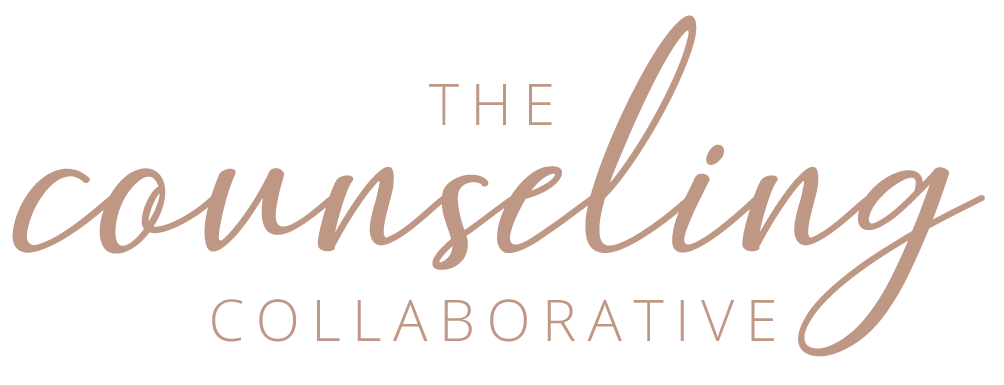Friendships In Adulthood
Friendships are such unique relationships that fill space in our lives. I once saw a meme that said, “Friendship is so weird. You just pick a human that you met and you’re like, ‘Yep, I like this one’ and then you just do stuff with them.” While this is a funny way to represent friendship, there is some truth to it! There isn’t necessarily any payoff from friendship other than a mutual feeling of connection, enjoyment and support. Now, I can recognize that this is an overly simplified description and expectation of friendship, but it’s a good place to start.
So– how do we navigate friendships in adulthood, especially when life continues to throw changing dynamics into the mix?
Manage Expectations
It is so important to regularly check in with yourself with what your expectations are in situations, especially with friends. The dynamics of friendship changes over time, and it’s unrealistic to expect friendships to function in the same way through different life phases. What are you ultimately seeking in a friendship? Are you looking for a certain level of engagement? Are you looking for someone to be available whenever you need them? I challenge you to consider the expectations you are placing on friendships, and are they something that are 1) realistic for the stage of life that you are both in and 2) have you shared these expectations with your friend (which leads to the next thing to consider!)?
Communicate Your Feelings
It is ultimately your responsibility to share your feelings and expectations with those in your life. It can be easy to assume that others just know what we are thinking or need, but I would argue that’s not a fair expectation to place on others! If you are feeling left out, confused about an interaction, or unseen through a hard season of your life, then it is your responsibility to share that with your friend; the goal becomes focusing on how you both can check in and discuss needs that may be unmet during this phase of life. I think it’s also so important to note that it’s okay (and natural) to experience conflict in a friendship! Relationships, no matter the dynamic, come with disagreements, conflict and hurt feelings. It’s not the conflict that is important, but the reparative experience of being vulnerable, being seen and heard in your needs, and working together to find a solution.
Honor Your Needs in the Friendship
Friendships can feel so tricky at times, especially when trying to set boundaries and honoring your own needs through the relationship. One of my favorite ways to describe boundary setting is that boundaries are made to keep people in our lives, not to keep them out of our lives. People do not necessarily need to understand all of the reasoning behind a boundary that is set. What is important is to communicate and honor needs that you have in a friendship. It’s also okay if certain aspects of a friendship, or even the friendship as a whole, is no longer working for you. One thing that isn’t spoken about enough is that changing friendship dynamics (or ending the friendship as a whole) can be devastating. There is so much emotional depth and connection in these relationships, and it can be just as painful as a breakup when the dynamic changes or ends.
Grow with the Changes
Change is inevitable in friendships, and that’s OKAY! I don’t know about you, but I sure am glad that I’m not the same person I was years ago. It’s an incredible experience to grow with the changes that you and your friends are experiencing. Cheer them on through the different seasons of their life, and remember that while you may not agree with everything they are choosing to do, you can love and support them despite not agreeing with certain decisions they make. You can communicate your feelings, honor your own needs, and ultimately choose to grow with the changes (or not).
Have FUN through the Adventures!
Life is HARD and sometimes it’s easy to get caught up in the daily grind and responsibilities that come along with it. Most people want connection, and according to superstar Brene Brown, “connection is the energy that exists between people when they feel seen, heard, and valued.” Research has shown that shared laughter in relationships can increase the feelings of connection, closeness and support. Try to remember what drew you to your friends, and have fun through the different phases of your relationship! Celebrate each other, support each other, laugh with each other and stay grounded through it all.

